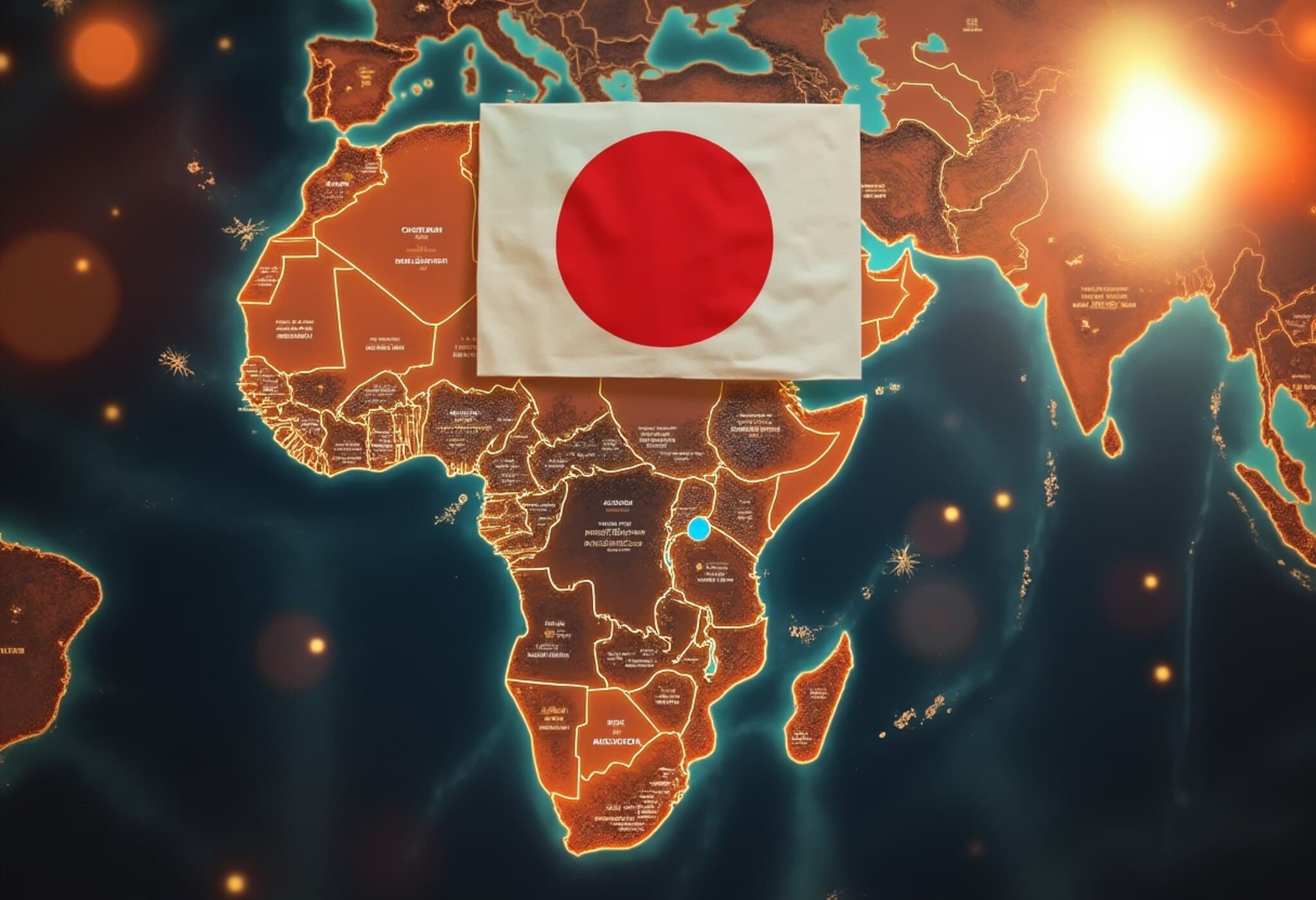Japan Launches Ambitious $5.5 Billion Initiative to Strengthen African Economies
In a significant move to deepen ties with Africa and catalyze regional economic growth, Japan has pledged a substantial $5.5 billion loan package through the African Development Bank. Announced by Japanese Prime Minister Shigeru Ishiba during the ninth Tokyo International Conference on African Development (TICAD 9), this initiative aims to address the mounting debt challenges faced by African nations while fostering greater economic integration across Indian Ocean Rim countries.
Creating a New Indian Ocean–Africa Economic Zone
Prime Minister Ishiba revealed plans to establish a novel economic zone linking Africa with economies bordering the Indian Ocean—including India and West Asia. This ambitious corridor seeks to open up trade routes, encourage infrastructure development, and bolster manufacturing and technological collaboration among partner countries. Experts see this as a strategic effort to diversify Africa’s economic partnerships beyond traditional Western and Chinese influences, harnessing the unique position of the Indian Ocean as a hub of commerce and innovation.
Driving Digital Transformation with AI Training
Complementing the financial commitments, Japan announced a major skills development program to train 30,000 artificial intelligence specialists over the next three years. This targeted workforce development aims to accelerate Africa’s digital transformation by equipping its youth with critical AI competencies that can foster innovation, improve public services, and stimulate job creation. Analysts highlight this move as vital, given the continent's robust population growth and the rapid global shift toward technology-driven economies.
Africa’s Debt Dilemma and the Need for Innovative Financing
João Lourenço, Angola’s President and Chair of the African Union, underscored the persistent financing hurdles African countries face. Many nations are categorized as high-risk borrowers, limiting their access to affordable capital essential for infrastructure, electrification, and industrial growth. "This financial bottleneck curtails our ability to harness our full economic potential," Lourenço stressed. Japan’s loan package and targeted support thus arrive at a critical juncture, offering renewed hope for debt relief and sustainable development funding.
Global Voices on Africa’s Renewable Energy Potential
Reflecting the broader developmental narrative, United Nations Secretary-General António Guterres highlighted Africa’s untapped potential to become a “renewable superpower.” Speaking at TICAD 9 in Yokohama, he emphasized the urgent need for scaled-up green investments to develop clean energy infrastructure, which could lower energy costs and drive industrial diversification. Guterres cautioned that debt burdens must not suffocate Africa’s progress, calling for enhanced concessional financing from multilateral development banks to support this transition.
Contextual Insight: Japan’s Growing Role Amid Global Competition
Japan’s significant financial and technological commitments reflect its strategic pivot toward Africa—seen by many as a counterbalance to growing Chinese influence on the continent. Historically an underleveraged partner, Japan is now positioning itself as a reliable collaborator offering more transparent lending practices and tailored development solutions. For African countries, this evolving partnership could diversify economic opportunities and provide alternatives amid a complex global geopolitical environment.
What Lies Ahead?
The success of Japan’s $5.5 billion push depends largely on effective implementation, transparent governance, and inclusive policies that prioritize local communities’ empowerment. The training of thousands of AI specialists also presents a chance to leapfrog traditional development stages, fostering innovation ecosystems that can drive sustainable growth. However, concerns remain about whether this initiative fully addresses structural debt challenges and whether African nations will achieve long-term economic sovereignty through such partnerships.
Editor’s Note
Japan’s bold $5.5 billion commitment symbolizes a turning point in Africa’s international development landscape—melding financial support with technology-driven capacity building. As the continent navigates complex debt pressures and opportunities for digital innovation, this initiative invites reflection: Can collaborative economic zones and focused skills investments unlock Africa’s vast potential without perpetuating dependency? Readers are encouraged to consider the balance of geopolitical influences and the imperative of fostering homegrown innovation to chart a resilient African future.



















